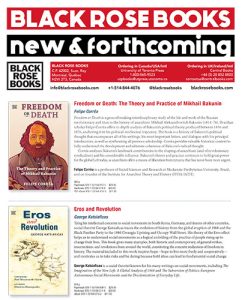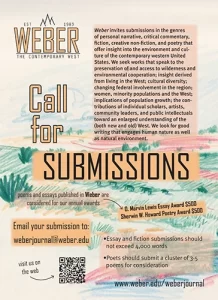Able Muse – Winter 2010
Number 10
Winter 2010
Biannual
Tanya Angell Allen
In the inaugural print edition of Able Muse, Marilyn N. Taylor’s essay on the recent rise of semi-formal poetry, mentions “the poetry wars” between “the shaggy free-verse stalwarts vs. the tweedy New Formalists.” It’s nice to see that the new New Formalist critics published in Able Muse definitely do not write in a tweedy style, as evidenced by Taylor’s piece and Julie Stoner’s review of new books by Maxime Kumin and Carrie Jewell, which begins “After the Revival…reminds me of an after-school snack. I enjoyed the combination of salt and crunch and grease and hellfire and cheese, even if I had to overcome the occasional wave of nausea. (I’m still referring to the book.)”
In the inaugural print edition of Able Muse, Marilyn N. Taylor’s essay on the recent rise of semi-formal poetry, mentions “the poetry wars” between “the shaggy free-verse stalwarts vs. the tweedy New Formalists.” It’s nice to see that the new New Formalist critics published in Able Muse definitely do not write in a tweedy style, as evidenced by Taylor’s piece and Julie Stoner’s review of new books by Maxime Kumin and Carrie Jewell, which begins “After the Revival…reminds me of an after-school snack. I enjoyed the combination of salt and crunch and grease and hellfire and cheese, even if I had to overcome the occasional wave of nausea. (I’m still referring to the book.)”
Stephen Collington also has an essay called “The Anyone-Can-Do-It Method for Writing Chinese Poetry (in Japanese): Thoughts on Language, Authenticity and Form.” It’s thoughtful, casual, and best of all, fun.
Steve Bucknell has a charmingly self-deprecating memoir on falling in love with L.P. Lister’s work through the 1978 New Oxford Book of Light Verse and then tracking the forgotten poet/novelist down. In the resulting interview, Lister says that in the past “writing poetry that rhymed and scanned probably affected my poetry career as my work became no longer fashionable. This is why my poems appeared mainly, not in literary magazines, but rather as witty poetry in publications such as Punch, The New Yorker, and the Atlantic Monthly.”
Although most poets would be ecstatic to be published in places like these, Lister adds that though he’s still a Fellow of England’s Royal Society of Literature, he is otherwise “little known.” Bucknell speaks of “hoping to have a hand in bringing his work back.” As a good start, nine of Lister’s poems are included in Able Muse.
Many of the magazine’s other formal and semi-formal poems have lively-sounding titles such as “The Speaker Tries Medication” (Rebecca Foust), “Marco Polo Collects Bird Eggs” (Ned Balbo), and “The Slot Tech” (Jamie Iredell). Particularly memorable is David Alpaugh’s “Richard Cory (His Untold Story),” which begins “Turns out Richard Cory had pancreatic cancer; / Was told he had, at best, six months to live.” It’s a thought-provoking piece, worthy of being taught alongside Robinson’s original poem, “Richard Cory.”
The fiction in Able Muse is also exceptional, especially the surprising “Relativity” by the astonishingly young Emily Cutler, currently a junior in high school. There is also an excellent “photographic exhibit” by Massimo Sbreni, a “people and travel photographer from Ravenna, Italy.” Four of the photos can be seen online at the Able Muse website. This reviewer also urges potential readers to check out their archives in hopes that others will be impressed enough to subscribe to the excellent and non-tweedy print edition.
[www.ablemuse.com/]




